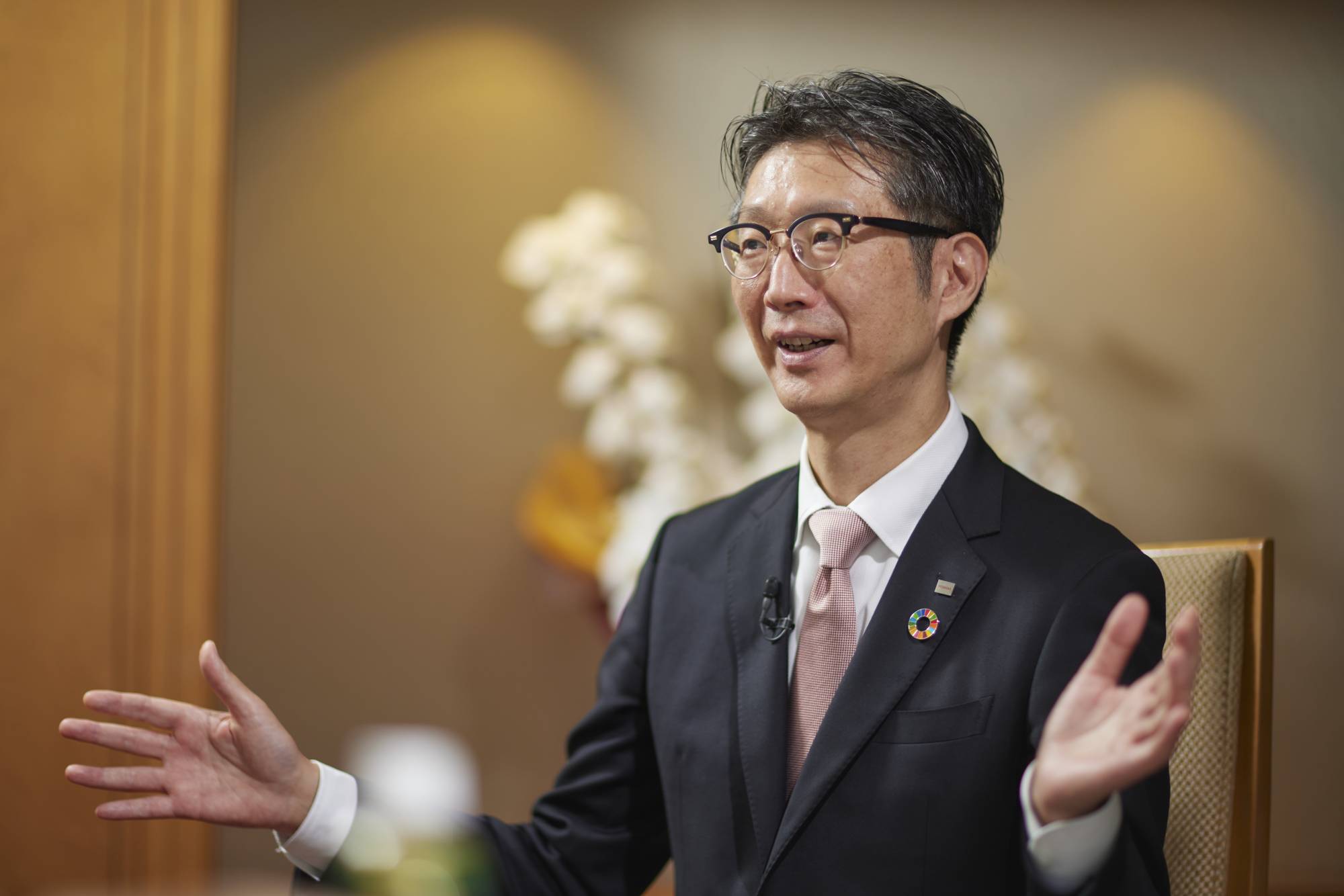Toshiba Corp.’s chief executive officer said nothing is decided on going private and staying public remains a possibility, after the Japanese industrial giant received eight buyout offers as part of a process to decide its future.
"If there’s greater value in not taking the company private, that’s still an option,” Taro Shimada said in an interview in Tokyo. "What’s important is that value is maximized for all of the company’s stakeholders.”
It’s a reminder that the next step is far from certain for the iconic Japanese firm, where shareholders and management have been at loggerheads for years over strategy and corporate governance. It comes after an outside director spoke out against about Toshiba’s plan to put representatives of activist investors on its board, an unusually public display of dissent that highlights the tensions that exist within the conglomerate.


















With your current subscription plan you can comment on stories. However, before writing your first comment, please create a display name in the Profile section of your subscriber account page.